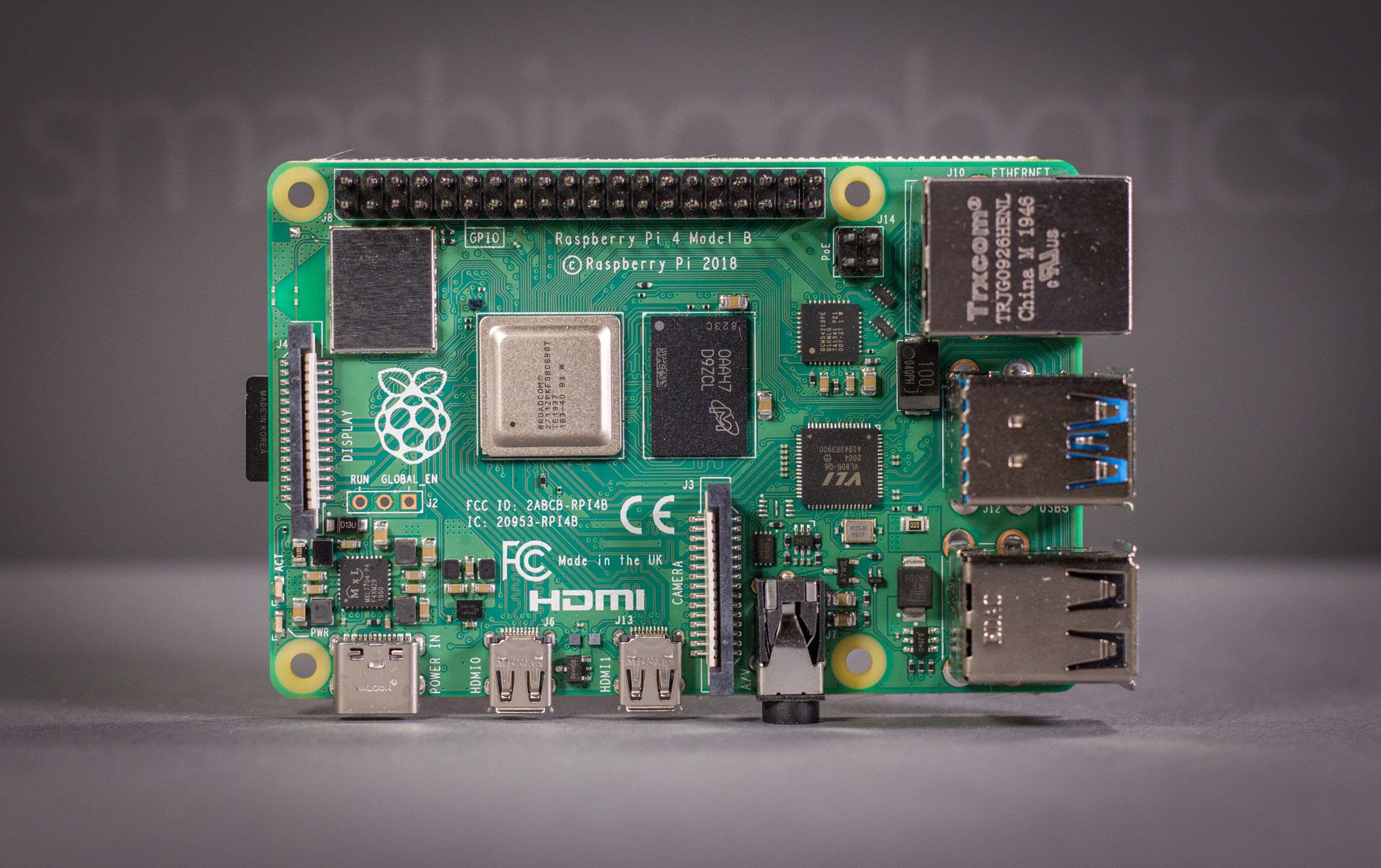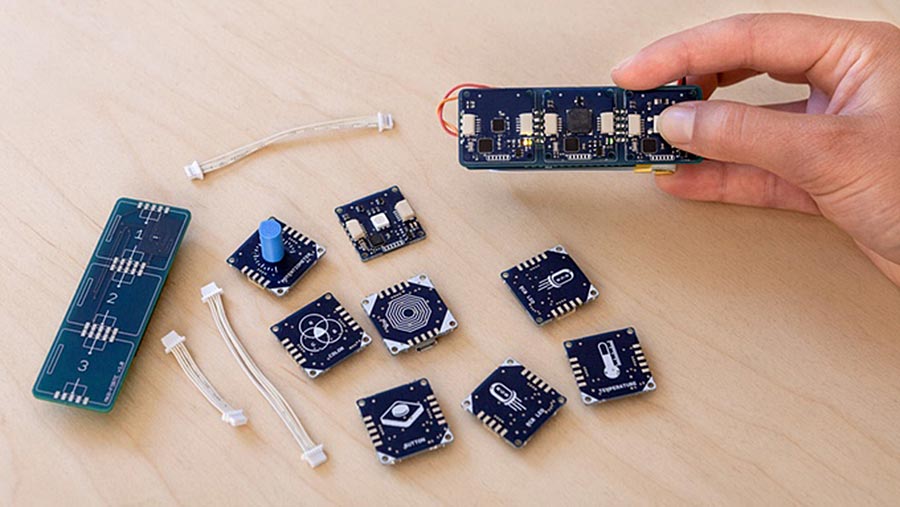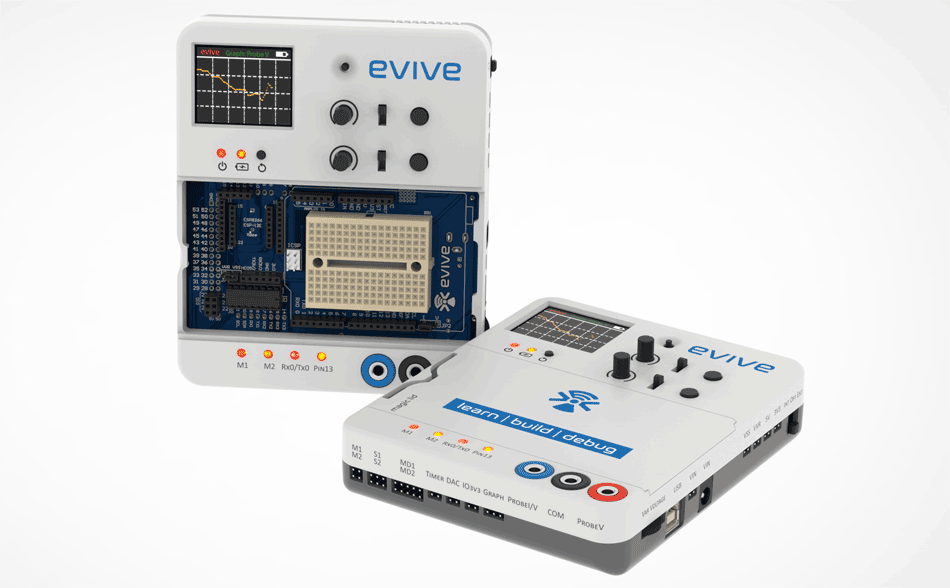Light sensors are very common in robotics especially for navigation and object detection by measuring the amount of reflected light. Used with one purpose – to detect the light – they are very easy to install and are also inexpensive. The operation mode of a light sensor is simple, it generates an output signal directly proportional with light intensity measured.
Even if the operation mode is simple, there are four main principles on which such sensors are based:
- Photo-emissive cells – these types of sensors release free electrons which belong to a light-sensitive material when they receive enough energy from a photon;
- Photo-conductive cells – these cells changes their electrical resistance value when are subjected to a beam of light. In general these photo cells use Cadmium Sulphide semiconductors;
- Photo-voltaic cells – these cells generally use Selenium to measure light intensity. This material has the ability to generate EMF when is subjected to light radiation;
- Photo-junction devices – these photo devices work the same as a photodiode or phototransistor – use the light to control the flow of electrons and holes across their PN-junction.
Below you can find a review of various light sensors that can be integrated easily and as needed in any type of robot.
01. VEX light sensor

The light sensor from VEX is one of the simplest light sensors which can be used in robotics to allow a robot to detect the light. Light detection is done using cadmium sulfosolenide (CdS) photoconductive photocell that changes its resistance value when it detects a certain amount of light. This sensor can be used to detect a flashlight or for orientation in a room.
02. LEGO light sensor
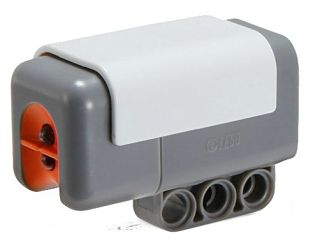
The LEGO light sensor is designed to fit perfectly into a LEGO robot. It can be used to improve the robot vision and is perfect for light detection, light intensity and to distinguish between a light or dark environment.
03. Light Sensor 1000 lux
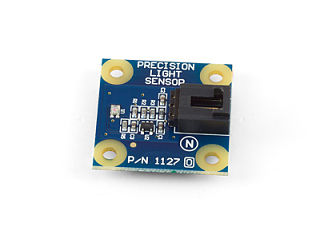
The light sensor from Phidgets can measure the visible light spectrum of the human eye between 1 to 1000 lux. Output signal is analog, has a current consumption of 2 mA and an error of 5%.
04. SCI-BOX Light Detector
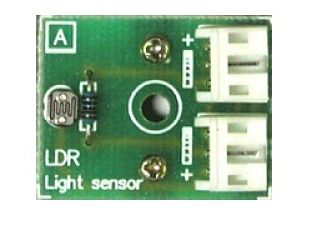
SCI-BOX light detector is used to detect ambient light density. SCI-BOX has two different voltage outputs and works with a photoresistor.
05. TAOS TSL235R Light to Frequency Converter
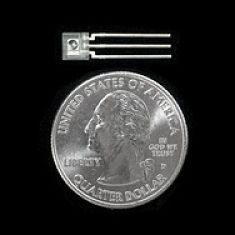
The TSL235R from TAOS is a sensor that measures light intensity and its output is frequency. It can communicate with a microcontroller or other logic circuitry.
06. Parallax QTI Sensor
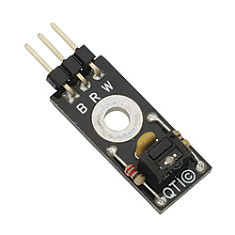
The acronym in the name of the QTI sensor comes from Charge/Transfer/Infrared and is an IR emitter/receiver sensor that can detect the light reflected from objects. The output signal can be both analog and digital. This sensor can be successfully used in robots to follow a line or for navigation.
07. DFRobot Ambient Light Sensor
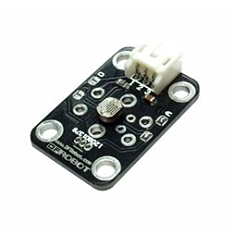
Ambient light sensor from DFRobot has an analog output value between 0 to 5 Vdc directly proportional to light intensity. It is compatible with Arduino and is very easy to interface with microcontrollers and logic circuits.
08. Arduino LilyPad light sensor
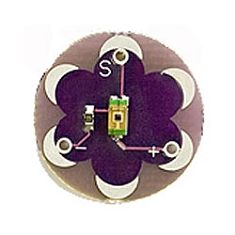
Arduino LilyPad is a sensor specifically designed for use with Arduino Lilypad mainboard and can be emulated perfectly on any project in robotics.
09. DFRobot BH1750 light sensor
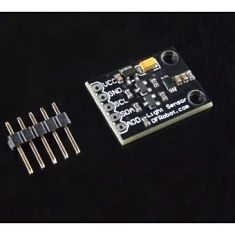
BH1750 is one of the best performing light sensors with a high resolution of 1 to 65535 lux. Works equally well in low light and in sunlight.
10. CdS photoconductive cell
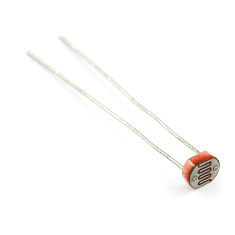
The photoconductive cell is a basic electronic component, both small and simple, that can be integrated into a variety of applications.
Resources
- The Light Sensor, Electronics Tutorials
- Light Dependent Resistor, Sensor Wiki
- Photocell Tutorial, Electronics Info Line


